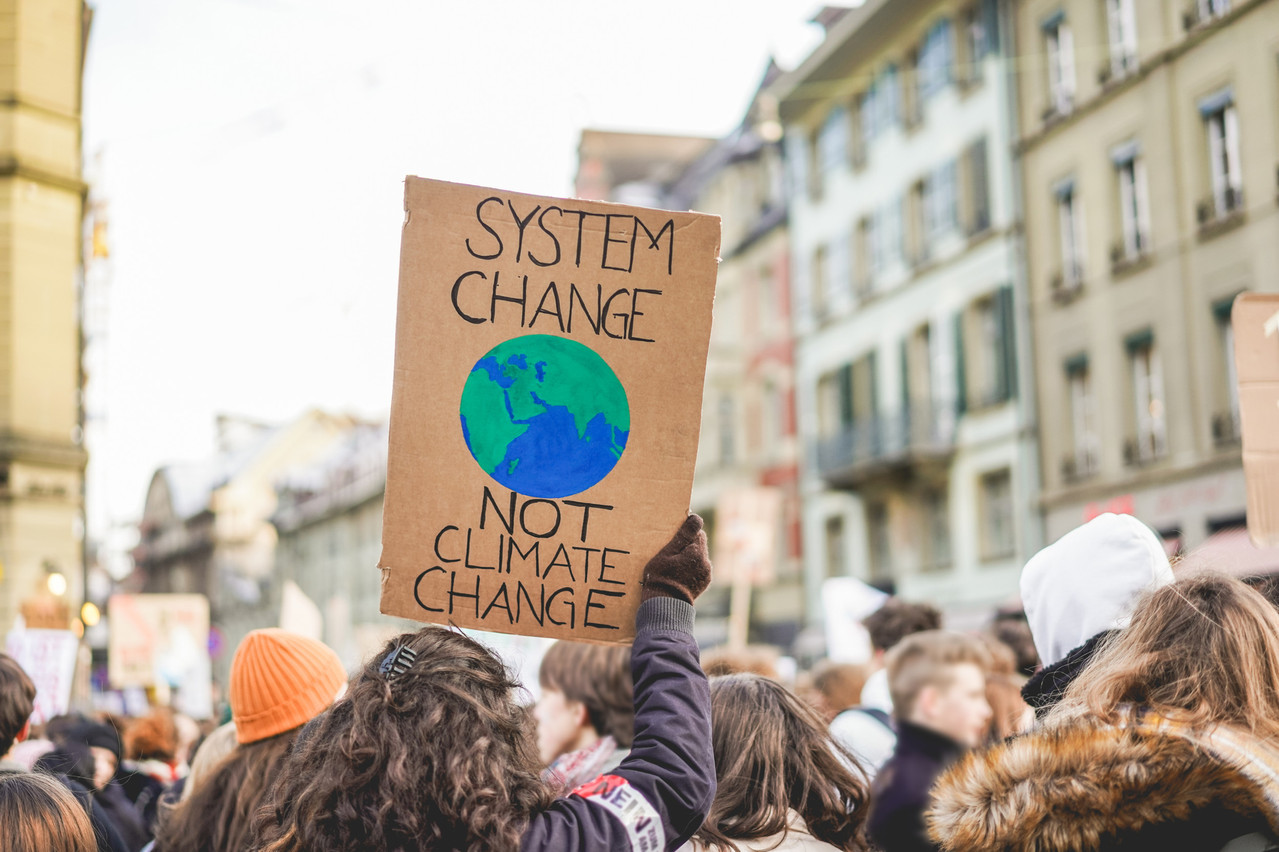The four elements considered to calculate the score are climate policy, energy use, greenhouse gas emissions and renewable energy. While scoring poorly in terms of energy consumption, emissions and renewable energy, the climate law voted in nearly a year ago pulled Luxembourg into the top 20.
The law for setting targets of reducing greenhouse gas emissions by 55% by 2030 and achieving climate neutrality by 2050 without giving different sectors any indications or obligations to reach that goal.
The government has but the rules still allow different sectors to offset emissions between years, meaning if they under-pollute in one year, they can exceed the target the following. This system also applies between sectors, where a cleaner area of the economy can help offset emissions from a high polluter.
Luxembourg also still heavily relies on individual transportation and thus fossil fuels, as it proportionally the country with the in the EU.
“No reason to ease up”
No country occupies the first, second and third places of the ranking, because nobody does enough to stir the ship away from the climate change catastrophe.
On its website, the CCPI said: “No country performs well enough in all CCPI index categories to achieve an overall very high rating. The first three positions in the overall ranking therefore remain empty. This says a great deal. Even if all countries were as committed as the current frontrunners, it would still not be enough to prevent dangerous climate change.”
They explain that “the countries with high rankings also have no reason to ease up. Even greater efforts and actions by governments are needed to set the world on track to keep global warming well below a 2°C increase. Even better, 1.5°C.”
While Luxembourg is applauded for showing--through its policy--its willingness to change gradually and ambitiously, Denmark takes the top spot this year. The nation has been congratulated for going in twenty years from being heavily reliant on coal to channelling 30% of its primary energy supply from renewable sources.
Among the last places are Canada, Iran, Saudia Arabia and Kazakhstan. Australia, on the 58th place, was singled out by the CCPI for their lack of effort in addressing the country’s heavy reliance on fossil fuel.
